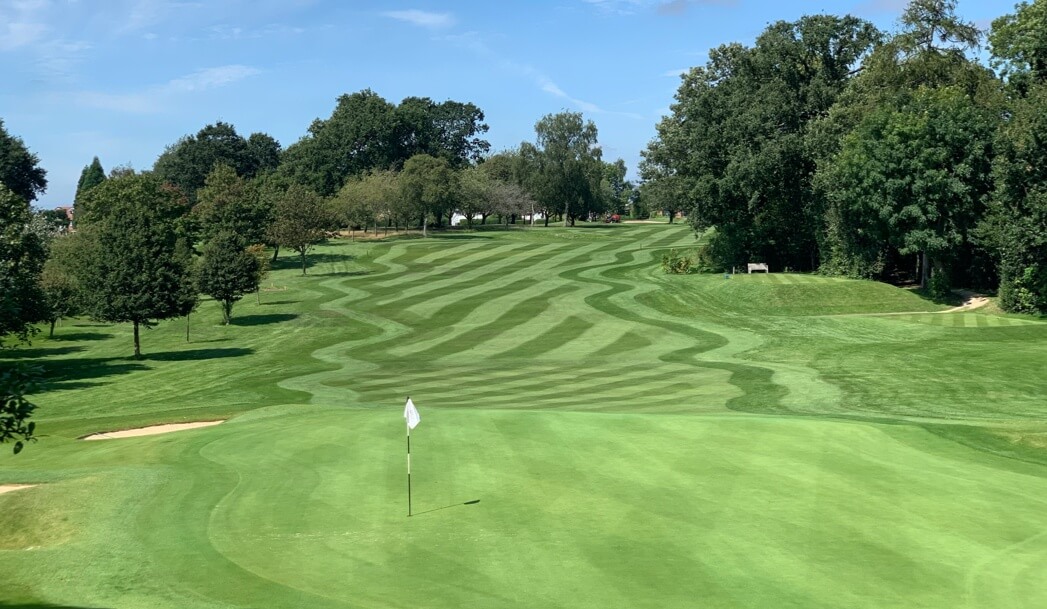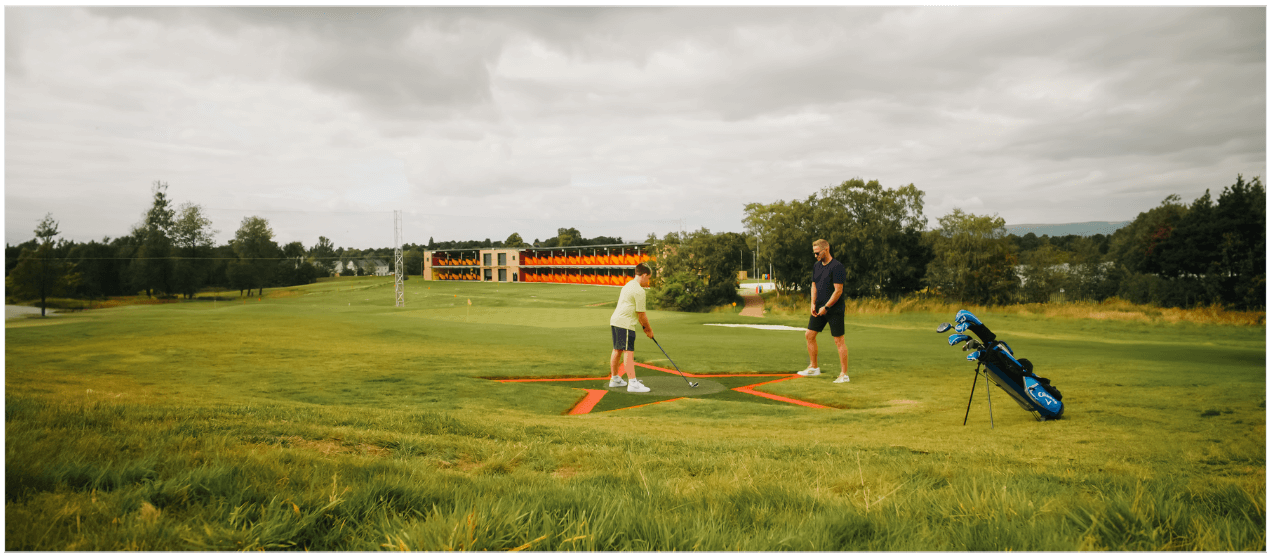The Value of Sharing Information
Andy Brown of The Toro Company explores how teamwork and communication within your core management team can improve the player experience and course operations. This article is the first in a series provided by The Toro Company on “What Matters Most” for golf courses and the success of their day-to-day operations.

It’s sometimes easy to forget, but a golf course is a business — and like any business, its success depends on customers who keep coming back. Proactive communication with members on what’s happening on the course is key in keeping them happy. To achieve such a level of proactive communication requires effective teamwork, and as a management team, that’s exactly what the course greenkeeper, general manager and director of golf/PGA professional must do. Together, you form a “triangle” of communication with each member, playing a critical role in the overall success of the operation.
Why Communication Matters
First and foremost, you need to present a united message to your players and members when course conditions or maintenance may potentially affect their experience. It’s important to explain clearly what’s happening and why before they experience it for themselves. This will help you manage their expectations, reduce complaints, and ultimately maintain their satisfaction.
In addition, by educating on what is happening and why on your course, each member of the management team will build a stronger knowledge base. The more you know, the more empowered you will be to take on new responsibilities and take part in course management decisions if your role changes in the future.
Keys to Staying Informed
As a management team, you’re all working toward the same goal: the ongoing success of the course. It only makes sense to work together, and here are a few tips to do that effectively:
- Practice active listening. Ask open-ended questions (who, what, why, when, where and how) and summarize the information back to make sure you’ve understood correctly.
- Keep communication open. Each member of the team should feel free to ask questions, share ideas and discuss the options without fear of criticism.
- Have a sense of humour. Being able to keep things in perspective can help you stay positive in the face of changes and challenges.
- Meet regularly. Set aside time to get together and keep each other up to date.

Making Your Case
When it comes to player satisfaction, what you say and how you say it make a big difference. Be proactive, anticipate player questions, and prepare with your team in advance. You need to be able to
explain what is happening on the course, why/where/when it’s happening, and what that means for players.
- Think benefits: How will it make the experience better for members and players, both in the short and long term?
- Quantify Actions: Beyond listing benefits, explain how it addresses players’ concerns. If you can quantify it or give examples, even better.
- Practice: Run through your message a few times as a team. Make sure you agree on key points and feel confident about it.
More to Explore
Communication and teamwork are certainly key to day-to-day operations, but there’s a lot more to explore. Watch future issues for more coverage on “What Matters Most” to golf courses, including topics such as:
- The importance of aeration for turf health and playability
- Fleet management – what to consider in your equipment investment
- Course setup – balancing presentation and playability with budget
- How an efficient and well-managed irrigation system can improve course condition and playability.
Andy Brown is Senior Sales Manager, Commercial Equipment, Golf Irrigation and Corporate Accounts, EMEA, at The Toro Company. Special thanks to Keith Jaynes for information about communication and teamwork.